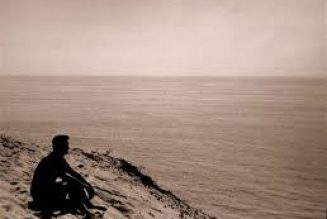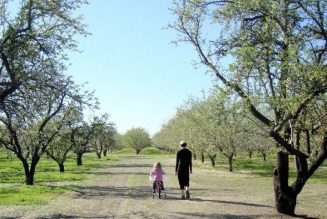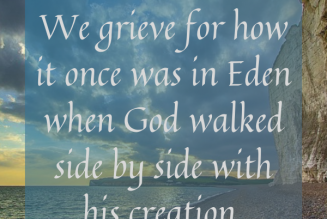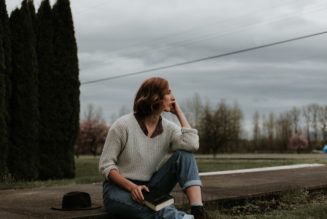They fill up three journals so far, the poems I started writing in 2019. For one year I wrote three poems a day, in the early morning dark. Writing was the second thing I did upon waking. Right after tiptoeing through the quiet house—opening up windows to let in the morning air.

The poems were prayers. Conversations between God and my heart. I was just the scribe. The trick was to be quiet enough to not fully wake. I trusted that my heart was more awake than my mind, right after I woke. And I wanted to stay in that state. I didn’t want my mind—any ideas—to get in the way of what my heart was feeling. Rather than employing rationale, intellect, reason, to discern the stories of the heart, I wanted to simply be present. I wanted to show up. I wanted to be in the room.
The practice became an act of worship, a time of engagement, an experience of exploration, a desire for truth.
While that season of writing three poems a day has ended, I continue to practice listening, writing poems about twice a week. Writing poems is a practice of honoring my heart: I lean in as a listener, asking God to show me, through my imagination, how He wants me to see.
In the listening required to write poems—God uncovers wounds, ideas, possibilities, memories—I would otherwise struggle to know. It is the best adventure: watching what story unfolds when I simply try to describe, with as little interference from my mind as possible—what it is my heart sees.
After almost two years since that initial push to steadfastly write every morning, I am now editing the poems. I am typing them up, transcribing them from my journals and typing them into documents on my computer. To edit, I continue to listen—letting the poems tell me their truths. But it is my mind that is engaged now—deciding whether the poem—what my heart has spoken—has been translated effectively. At its core, it must feel true.
If it’s not, then we, as the readers, can’t hear it. I want us to hear it (feel it, know it, believe it). You see, while I am the listener and the scribe, I am the reader too. When editing the poems, I remove myself from the initial creative process of writing them—and, instead, try to experience the poem as a reader who has encountered the poem for the first time.
To create a poem, I listen to my heart and try to decipher what it is saying. To edit a poem, I listen to the poem itself and ask my heart whether or not it resonates and feels true. Some questions I ask myself are “Who is speaking? What is happening? How am I being made to feel?” The poem needs to answer these questions for me—in a way my heart understands. If it doesn’t, then I, as the poem’s editor, have more work to do, analyzing and making adjustments to word choice, cadence, tone.
Here you can read “The Mothers” and “Where Dreams Live.”
Would you like to join me? Here is an invitation. Over the next few days, ask your heart this question: what is your favorite kind of day? If you share your poem as a comment below by Monday morning, I’ll publish it to my stories on Instagram. Click here to read other poems from the Loop Poetry Project community.
Much love to you, friends,
Jennifer
This post appeared originally at jenniferjcamp.com
Join Our Telegram Group : Salvation & Prosperity









